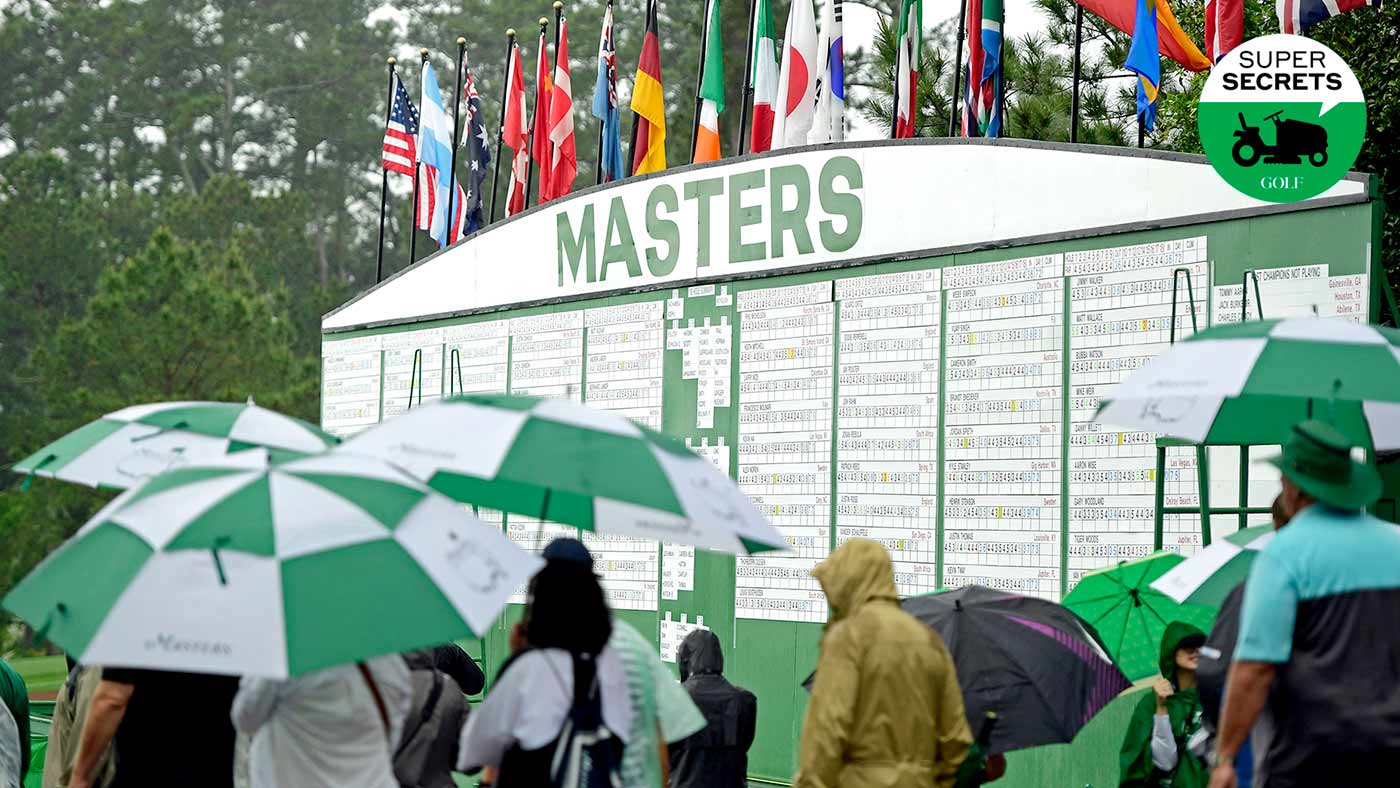AUGUSTA, Ga. — Jack Nicklaus was instrumental in the first big split in professional golf that led to the forming of the PGA Tour as we know it today.
Nicklaus was asked Thursday what led to that fracture of the PGA of America in 1969. He cited the organization holding the players’ exclusive rights. And while those who have left the PGA Tour for LIV Golf cite similar reasons, Nicklaus said it’s not the same.
“The PGA of America, when you signed your entry form, you signed away all your rights for everything,” Nicklaus said. “And the players didn’t feel that was fair. They didn’t have the ability to be able to do anything, basically, on their own, once they signed it, legally do anything on their own.
“Now, the complaint that they have had today, they said it’s a very similar situation. Well, I don’t think it was a similar situation. The tour does not have your rights … the tour has allowed you to do the things you need to do individually. But also, the tour has taken our collective rights and done a very, very good job with it to where the players today are. You can see how much money the guys make when they play tournament golf now.”
More: Jack Nicklaus has not ruled out supporting Donald Trump once again in 2024 presidential race
Nicklaus, from North Palm Beach, Jupiter Island’s Gary Player and Tom Watson served as the honorary starters at the Masters, each hitting a tee shot on the first hole before the start of Thursday’s first round.
The three have combined for 11 Masters titles, with Nicklaus winning six. They attended the Masters Dinner Tuesday night that included six Masters winners who now play on the LIV tour.
“Everybody was wondering whether there was going to be any problems with the LIV players,” Nicklaus said. “Zero. It was the most cordial evening you could ever have spent. It was terrific.”
Honorary starters Gary Player, Tom Watson and Jack Nicklaus shake hands on the first tee after teeing off during the first round of The Masters golf tournament. Mandatory Credit: Rob Schumacher-USA TODAY Network
The three legends also weighed on the Green Jacket, lifelong lessons they learned from the Masters and changes at Augusta National and the game over the years, including the USGA and R&A’s proposal to roll back the golf ball that could result in tours using a new ball that would not travel as far as what is currently used.
All agreed something has to be done to cut down the distance.
“They have got to cut the ball back,” Player said. “Otherwise, the technology and the whole objective of golf is going to be imbalanced. I’m really delighted to see them making an effort. There’s been a lot of talk about it.
“I know Tom, Jack and I, and a lot of players have spoken about it for years and years and years. 20 yards is not enough. If you look into the future, you have to cut it back for pros. Leave it for the amateurs as it is. But for the players, you have to cut it back 40 yards.”
Watson said the ball, not the clubs, is the biggest factor in distance.
“There are legitimate reasons to move the ball back,” Watson said. “The clubs themselves help you hit the ball a little bit longer, but the ball was the biggest factor. In 2001 when the Pro V1 came out, it put a huge boost to the distance you could hit the ball, and then all the other ball manufacturers went that route.”
Nicklaus closed the discussion by citing a book written by Bobby Jones.
“He said the biggest problem we have to face in the game in the future is the distance of how far the golf ball goes,” Nicklaus said. “Back in about 1930, OK?
“So the problem hasn’t changed. And I think what the USGA and the R&A have done is a good start.”
Gannett may earn revenue from sports betting operators for audience referrals to betting services. Sports betting operators have no influence over nor are any such revenues in any way dependent on or linked to the newsrooms or news coverage. Terms apply, see operator site for Terms and Conditions. If you or someone you know has a gambling problem, help is available. Call the National Council on Problem Gambling 24/7 at 1-800-GAMBLER (NJ, OH), 1-800-522-4700 (CO), 1-800-BETS-OFF (IA), 1-800-9-WITH-IT (IN). Must be 21 or older to gamble. Sports betting and gambling are not legal in all locations. Be sure to comply with laws applicable where you reside.








